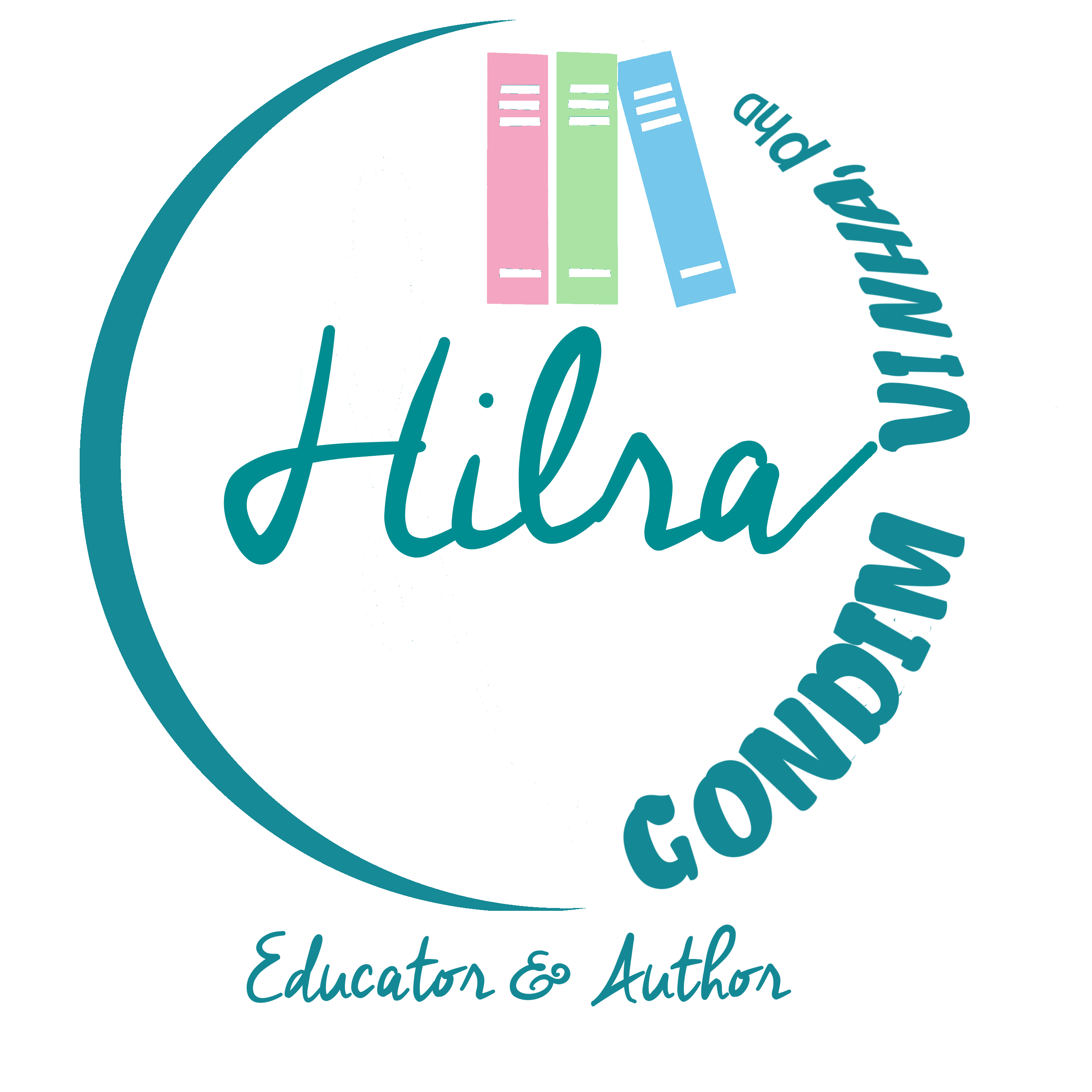 Author(s):Goodley, D. Lawthom, R., Clough, P. and Moore, M.
Author(s):Goodley, D. Lawthom, R., Clough, P. and Moore, M.
Title: Researching Life Stories: Method, theory and analyses in a biographical age
Copyright Year: 2004
Place of Publication: London/New York
Publisher: RoutledgeFalmer
Part 2: Doing life story research
Non-participatory ethnographic approach
[Dan Goodley]
“Ethnographic research can be embraced as a methodology that aims to look again at the cultures we may feel we already know so well” (p.57)
“Perhaps the first issue to consider when we are looking at how ethnographers go about doing their research is to recognise that this approach digresses markedly from the classic view of the dispassionate, distanced, objective scientific observer. In many ways, ethnography is about immersing oneself within a culture of investigation, drawing upon a variety of methods and analyses in order to tap into that culture.” (p.58)
Emancipatory interview
[Rebecca Lawthom]
“In emancipatory research, the focus is not only on full participation but ownership of the narrative” (p. 60)
“doing research ethically so the interviewee might usefully gain something from the production.” (p.60)
“within an emancipatory framework, the researched may have a voice within all stages of the research process” (p. 60)
Participatory ethnographic approach
[Michele Moore]
“I had written extensively about, and was familiar with, the difficulties of the ways in which real life intersects with methodological aspirations and practices” (p. 63).
“From the outset I made considerable efforts in my engagement with David [the participant] to make sure that he decided the focus of our dialogue and to ensure his meaningfully participation in all matters relating to the way I built up his story, the sense I was making of it and the way it would be told. David established the discursive practices through which his story was revealed.” (p. 64)
Non-participatory fiction
[Peter Clough]
“It doesn’t exactly set aside important notions of validity and reliability and so on, but it assumes that readers attend primarily to writing as it ‘speaks to’ their experience, and that analysis is part of a later moment of explanation” (p. 66).
“As researchers of social practices, we ourselves give shape, weight and identity to these meanings: we do not come innocent to a task or situation of events; rather, we wilfully situate those events not merely in the institutional meanings which our profession provides but also, and in the same moment, we constitute them as expressions of our selves.” (p. 67)
Poststructuralist approaches to life story research
[Dan Goodley]
“An ethnographer’s theoretical position will noticeably influence the ways in which they choose their methods, deal with their material and later conceptualise their analyses” (p.98).
“Poststructuralism analyses have shown that ‘universals’ or ‘truths’ actually marginalise certain groupings to the status of ‘other’” (pp. 99-100).
“Via the narratives collected during ethnography, the resultant story aims to destabilise common-sense understandings of disability and impairment; to challenge ‘truths’ that occupy and dominate the lives of some people with learning difficulties; to blur the words of writer and character and to illuminate how ‘abnormalities’ such as learning difficulties exist only in relation to opposite conceptions of ‘normality’” (p. 102).
“An important feature of accessing and telling stories which may, otherwise, remains untold” (p. 103).
Feminist standpoint approach to life story research
[Rebecca Lawthom]
“Feminist standpoint epistemologies in research emphasise the perspectives of those whose lives are shaped and constrained (or marginalised) by the dominant social order” (p. 102).
“Stories as valuable data, are key to understanding women’s experiences” (p. 103)
A social model of disability approach to life story research
[Michele Moore]
“While one of the chief purposes of research is to support the generation of theory, it is also true to say that in life story research, as soon as you have identified the life you are interested in, your project is bound up with your theoretical predispositions, and is subordinated to your personal theoretical inclinations” (p. 105).
“It is not possible or productive to separate theoretical persuasion from the narrative. The narrative should be underpinned unequivocally by the aim of empowerment.” (p. 106).
“The life story research that I do explicitly seeks to optimise the relationship between life stories, an agenda for empowerment and inclusion and the everyday contexts in which exclusions of people with impairments are played out.” (p. 106)
Literary theory approach to life story research
[Peter Clough]
“Narrative is about ‘selection’ for ‘telling’ and the selection and presentation of these events must connect, have contiguity, with the subject matter so that their occupation of space is significant” (p. 108).
“The portrayal of lives through life story research could be said to have three elements: the telling of events, the creation of text, and the interpretation of those events.” (p.108)
“The literary approach to life story research can stand apart. It can stand on its own bed of complexity of ethics and morals. Values, when we consider fictional narrative in social research, are unprotected; they are at the mercy of the author. So, this approach is essentially about language, using language to create events through texts which are then open to the multiple interpretations of their readers” (p. 110).
